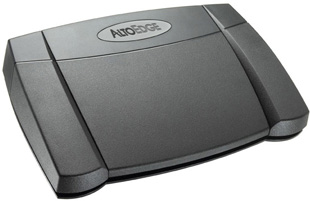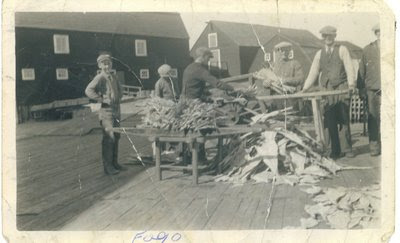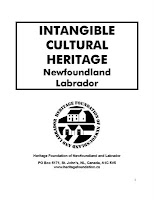
Living off the edge of the earth, the way of the water meant survival for peoples of Newfoundland and Labrador. With their hands, heart and handmade tools, they built boats to fish so that they could feed their families, travel and make their way from the land’s rocky shores. With crooked trees, ingenuity and hope, they build the boats that built the country of Newfoundland.
Over the past half a century, the necessity and practice of these skills has declined. The sun has set on the lives of most of the men who practiced the craft with such expertise that today’s naval architects marvel at their skill. As their sons become seniors, we are in danger of losing these skills forever.
But now new life is breathing in the old ways. Established in 2008, the Wooden Boat Museum of Newfoundland and Labrador is a non-profit organization dedicated to safeguarding the legacy of our wooden boat building traditions by celebrating the past and passing on the strengths of the skills to younger generations.
The Wooden Boat Museum of Newfoundland and Labrador is working to spark new hope for the keystone of our heritage by bringing together traditional wooden boat builders, model wooden boat builders and wooden boat enthusiasts, and those who see wooden boat building as a symbol of the strength and fortitude of Newfoundland and Labrador. By becoming a Member of the Wooden Boat Museum of Newfoundland and Labrador, you will help continue the legacy.
The Wooden Boat Museum of Newfoundland and Labrador is hosting a Conference on November 1st and its first Annual General Meeting on November 2nd. Persons interested in attending either, or both of these events, or to become a Member, are asked to inquire by telephone at either (709) 583-2055 or (709) 583-2070, or by email at bkingheritage@gmail.com or barrett.hal@gmail.com
Museum website: http://www.woodenboat.ca/






